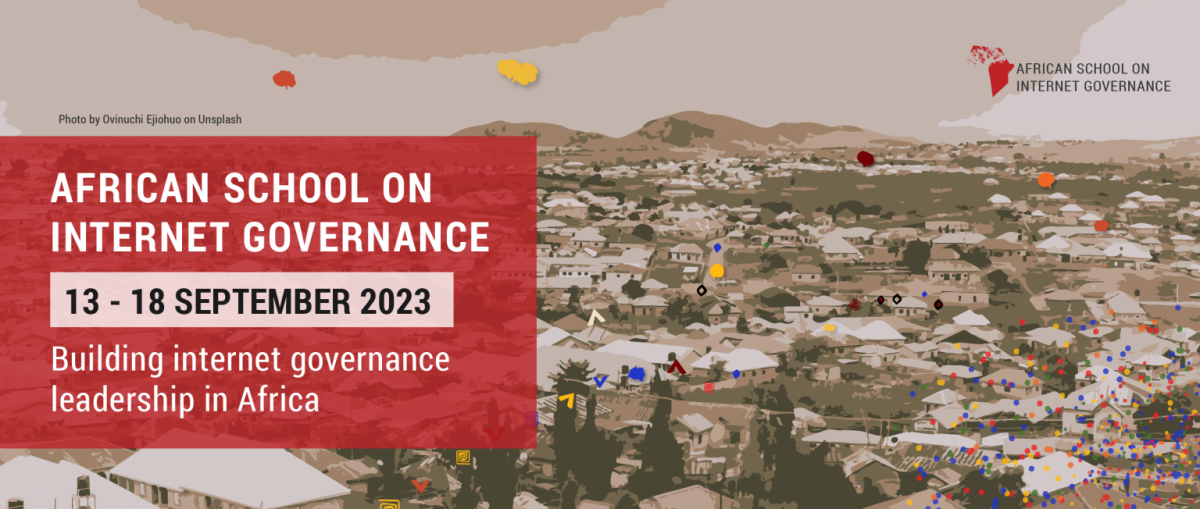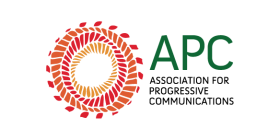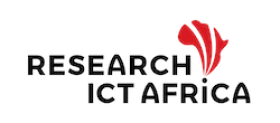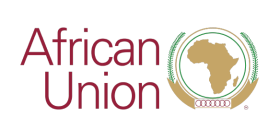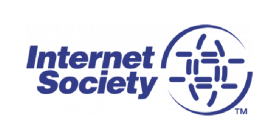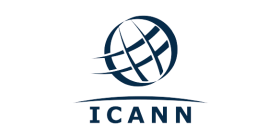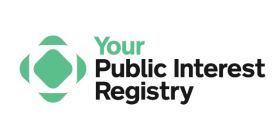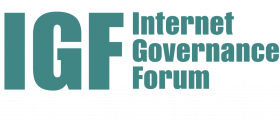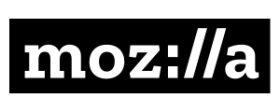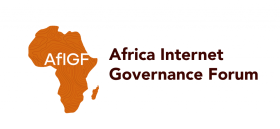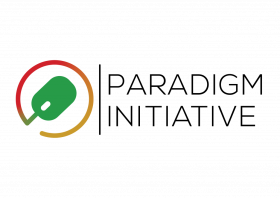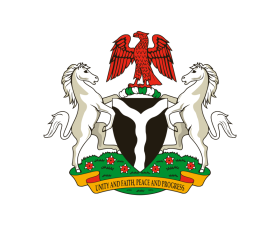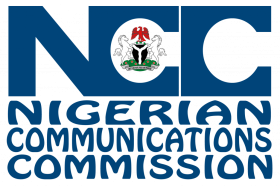The African School on Internet Governance – #AfriSIG23 – took place from 13 to 18 September in Abuja
The Association for Progressive Communications (APC), the African Union Commission (AUC) and Research ICT Africa, convened the 11th annual African School on Internet Governance. AfriSIG23 took place from 13 to 18 September 2023 in Abuja, Nigeria, immediately prior to the 2023 African Internet Governance Forum. AfriSIG23 was organised in collaboration with Paradigm Initiative, the United Nations Internet Governance Forum Parliamentary Track and the hosts and organisers of the 2023 African IGF, the Federal Government of Nigeria, and the AfIGF secretariat and Multistakeholder Advisory Group. The practicum topic was the African Union’s Data Policy Framework.
About AfriSIG23
AfriSIG took place over the course of five days as an intensive residential, interactive learning and knowledge-sharing event that covered:
- Digitalisation, sustainable development and digital inclusion and inequality
- The global internet governance ecosystem and the African institutional context at national and regional level
- Open internet architecture, infrastructure, standards and protocols and management of internet names and numbers
- Stakeholder and sector roles and responsibilities (government, intergovernmental forums, UN agencies, regulators, parliaments, civil society, business, academia, the media, the technical community and internet users)
- Data governance: data as a strategic asset, driver of digital development. Data protection, security, data flows, sovereignty and localisation and the implementation of the African Union Data Policy Framework
- Human rights and the internet, including freedom of expression, association, gender justice and media diversity and independence
- Digital economy, including trade, taxation and sustainable development
- Cybersecurity, trust and safety and responses to harmful use of the internet, hate speech, online gender-based violence, misinformation and disinformation
- Emerging issues: Artificial Intelligence, climate change, digital sovereignty and the geopolitics of internet governance.
- Current processes and debates, e.g. WSIS +20, the Global Digital Compact and the Summit of the Future.
Practicum – Multistakeholder implementation of the African Union’s Data Policy Framework
For the practicum component of the 11th annual AfriSIG fellows produced a “multistakeholder national implementation and follow-up strategy” for the African Union Data Policy Framework, building on the current process taking place at the level of Regional Economic Commissions and member states, but with emphasis on the involvement of parliamentarians, civil society, business, the media and other non-state actors, including the technical community and academic and research institutions.
Who was at AfriSIG 2023?
AfrISIG is not aimed at beginners. AfriSIG’s goal is to develop a pipeline of leading Africans from diverse sectors, backgrounds and ages with the skills to participate in local and international internet governance structures and shape the future of the internet landscape for Africa’s development. Applications were only open to applicants who have relevant work experience and/or are involved in internet governance or information and communications technology (ICT) research, policy and regulation in Africa. An additional qualification for AfriSIG23 was active involvement in data governance at the level of research, oversight or implementation.
We were particularly honored to have a large number of ‘honourables’ with us in 2023! AfriSIG 23 included several members of parliament, many of them also members of the African Network on Parliamentarians in Internet Governance (APNIG). Other participants included individuals from:
- Information regulators including privacy commissions
- Data protection/governance professionals
- Government ministries and departments
- National and regional communications regulatory authorities
- Service providers and other businesses that form part of the internet industry
- Civil society organisations including digital rights groups
- Women’s rights and gender justice groups
- The judiciary and other members of the legal community
- Technical organisations and cyber security professionals
- Academic and research institutions
- Media organisations and individual bloggers and journalists.
For more information contact the AfriSIG organisers, Anriette Esterhuysen and Peace Oliver Amuge at afrisig@apc.org

